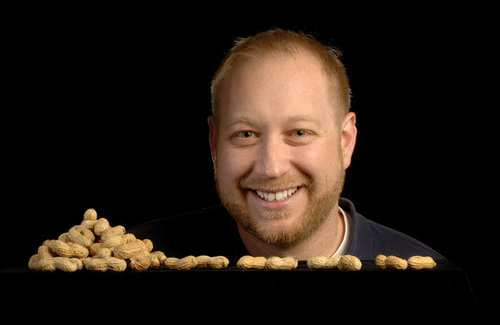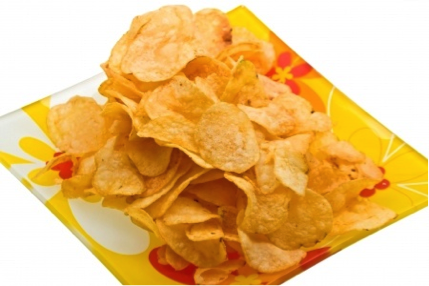By Dr. Benjamin Chapman
I’m a total food safety nerd. Had I not emailed my graduate school mentor, colleague and friend Doug Powell in the winter of 2000 looking for an on-campus summer job (while I was an undergraduate student at the University of Guelph) I’d be some other kind of nerd. I’d probably be a fantasy football blogger or Starbucks barista.
The story would be a lot cooler if I had sought out Powell as a potential employer because I was interested in the stuff he did, but I didn’t. I had no idea what he did — and being a bit of an idiot, I didn’t bother to look it up. I emailed Doug on the advice of a friend who knew I was desperately looking for a job, and didn’t tell me much else about the dude or what he filled his days with. My friend just said “I think you two will get along”. I didn’t really know what that meant, but really had no other prospects. So I emailed him. And he hired me to pull news.
Pulling news meant that I surfed through the tubes of the interweb for anything food risk-y (microbial food safety, GMO foods, animal disease, etc) and the stories I found (along with the other news pullers) become the content for FSnet, the precursor to barfblog, and the other listserv postings Doug put together every day.
About three weeks in, I found my passion for food safety. That’s when an E.coli O157 outbreak linked to Walkerton Ontario’s town water system became big news ) . This was real life, seven people died and over 2,300 were ill. I was already interested in disease (probably because of Outbreak or the Hot Zone), but the coverage and discussion within the Powell lab around Walkerton (how the outbreak was handled and communicated to the folks drinking the water) drew me in. I was introduced to the field of risk communication where the technical info and real people intersect.
And I made my move from molecular biology and genetics to food safety. That’s where it all started.
That news-pulling gig turned into an MS working with farmers to shape and evaluate an on-farm food safety program. The MS degree turned into a PhD where I looked at handwashing and cross-contamination in kitchen settings. Both degree projects were about evaluating what works to change behaviors – and exploring different messages/delivery methods based on the best available food safety and communication evidence.
Since then I’ve spent time conducting applied and action research leading to extension outputs. But that’s just a fancy way of saying I’ve become a food safety voyeur and storyteller. What really matters, and is central to any food safety intervention that targets behavior, is not what people say, but what they actually do. To get at the real practices food safety folks have to gain access to real life situations, observe and understand systems. And then design something to address risk. The literature says that for something to connect to someone it has to be specific, timely, compelling, and provide a control method. This can be done through constructing a narrative around a situation. Once some intervention is made, evaluating the effectiveness is often forgotten. Lots of effort goes into designing things, not as much effort goes into figuring out whether the creation worked.
As an undergraduate I didn’t really know what I was interested in and by chance I found a problem that connected with me personally: there are too many sick people. By exploring different venues within the food system, and having super mentors that supported my interests and ideas, I found a passion for exploring solutions.
Photo Credit: http://norocore.ncsu.edu/about-us/our-team/dr-ben-chapman






Very inspirational. Thank for sharing
Agreed! I always enjoy hearing stories of how passionate food scientists got their start!